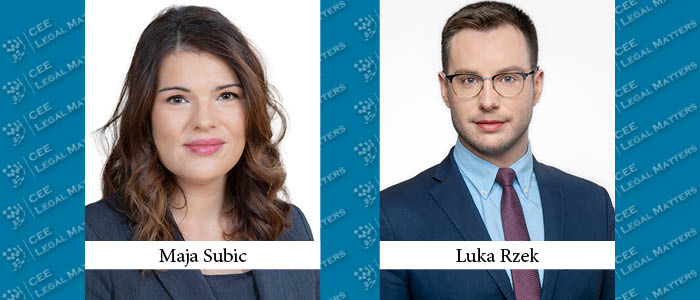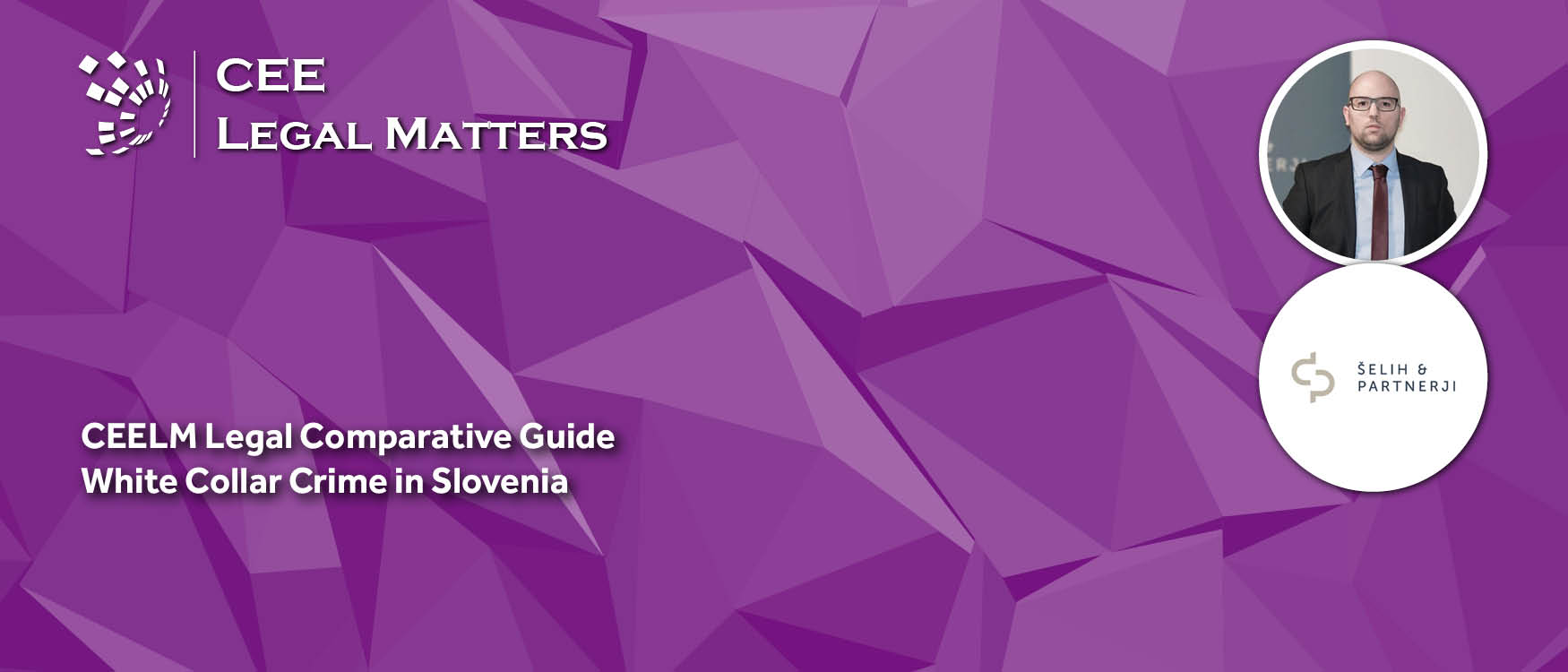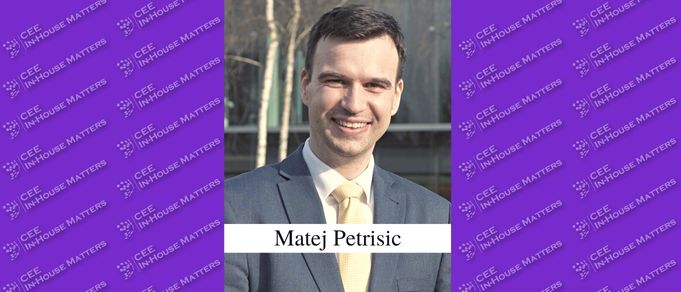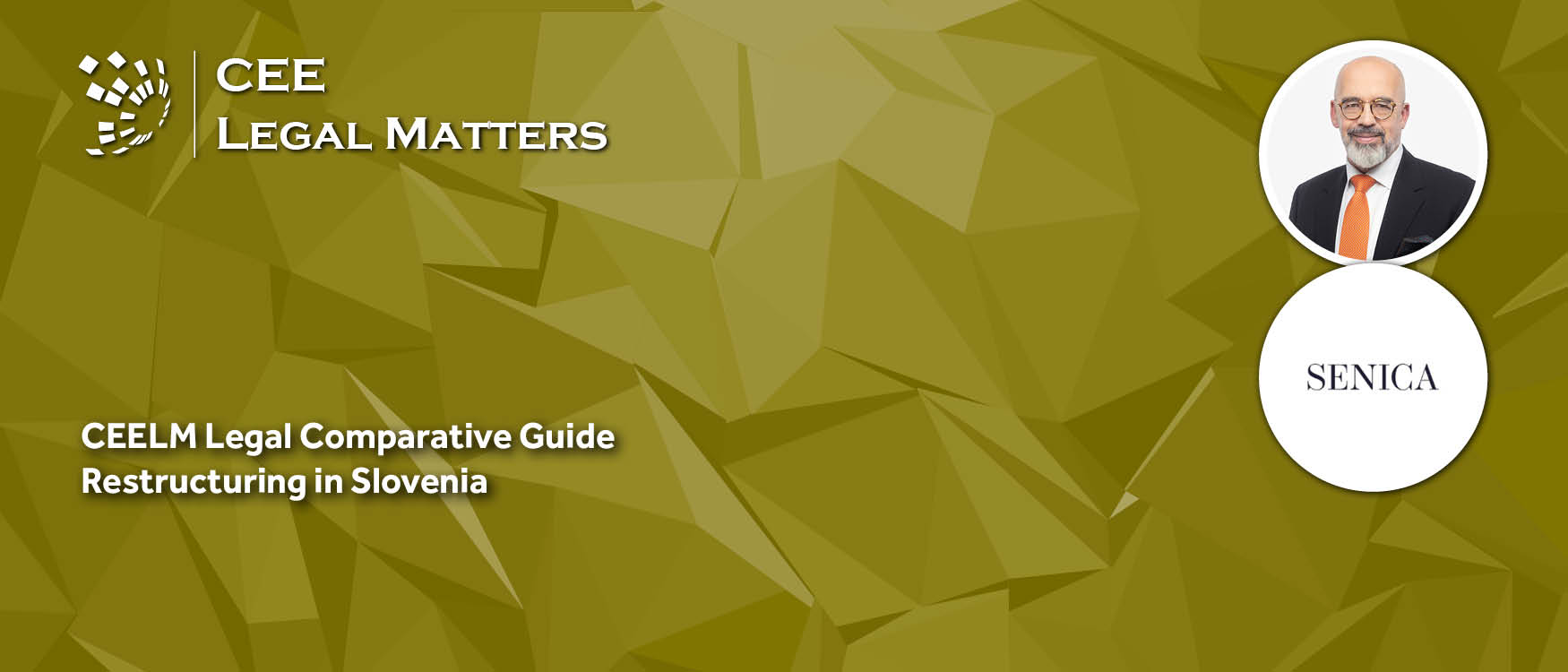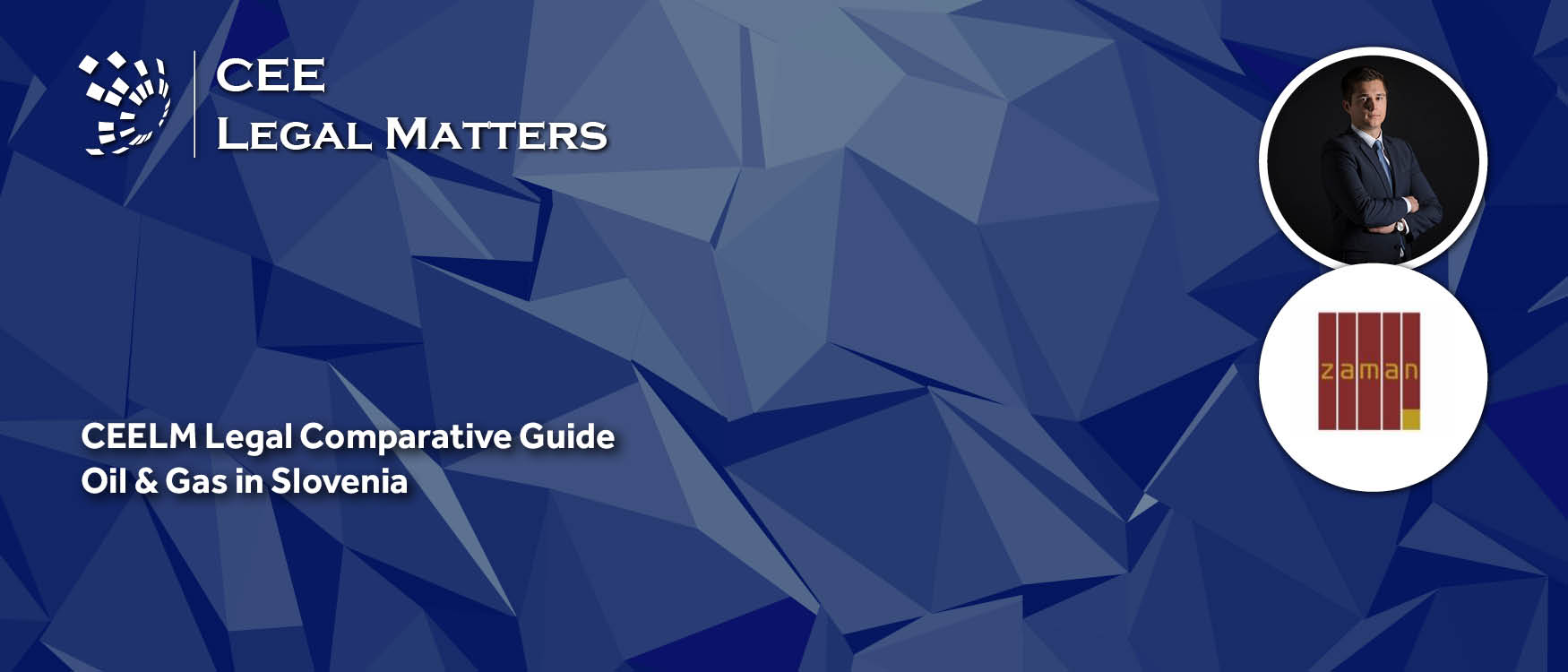A couple of legislative changes that affect working parents, foreign employees and posted employees recently came into effect in Slovenia.
Slovenia: The Rising Cost of Building Materials and the Invariability of Price Clause
In the past few years, the global community has faced the acute challenges of the COVID-19 health crisis and the war in Ukraine, which significantly impacted the continuing rapid increase of prices in the building industry. The main reasons for the rising prices of building materials were initially linked to the health crisis, as many production facilities were closed and production was severely delayed. Once the post-closure period started, demand for materials worldwide surged, exceeding supply.
Banking & Finance in Slovenia
Contributed by Jerovsek & Malis.
Capital Markets in Slovenia
Contributed by Jadek & Pensa.
Corporate Governance in Slovenia
Contributed by Kavcic, Bracun & Partners.
Electronic Signatures, Contracts, and Archiving in Slovenia
Contributed by Ulcar & Partnerji.
White Collar Crime Laws and Regulations in Slovenia
Contributed by Selih & Partnerji.
Deal 5: Holding Slovenske Elektrarne Assistant Head of Legal Affairs Matej Petrisic on EUR 350 Million Syndicated Debt Refinancing
On July 28, 2022, CEE Legal Matters reported that ODI Law had advised Holding Slovenske Elektrarne on a EUR 350 million cross-border syndicated debt refinancing. CEE In-House Matters spoke with Matej Petrisic Assistant Head of Legal Affairs and Corporate Governance at Holding Slovenske Elektrarne, to learn more about the matter.
Restructuring Laws and Regulations in Slovenia
Contributed by Senica & Partners.
Oil & Gas Laws and Regulations in Slovenia
Contributed by Zaman & Partners.
Competition and Competition Litigation Laws and Regulations in Slovenia
Contributed by Kavcic, Bracun & Partners.
Capital Markets in Slovenia
Contributed by Jadek & Pensa.
CEELM Covid-19 Comparative Legal Guide: Contracts in Slovenia
Contributed by Law firm KBP, member of Adriala
Expert Summit Round Table: Considering an Inconsistent and Threatened Recovery in CEE Legal Markets
On the evening of December 8, 2016, at the Hotel Bristol in Warsaw, CEE Legal Matters hosted the 2016 Expert Summit – our annual gathering of experts from across the region to discuss the state of affairs in CEE Legal Markets.


